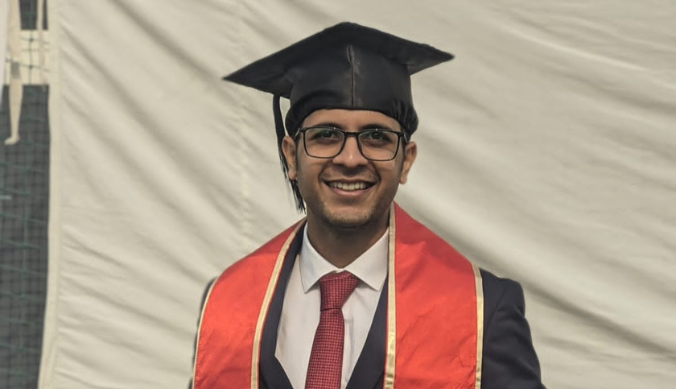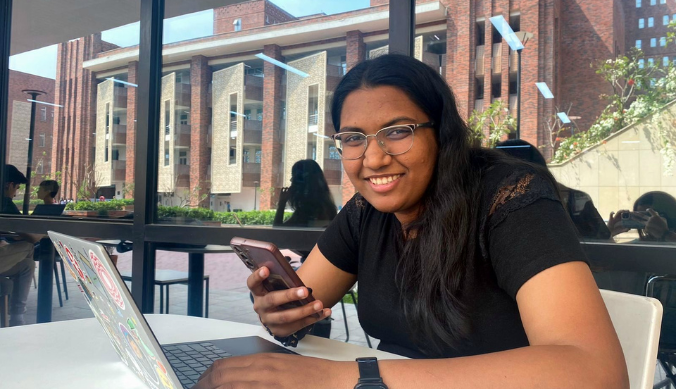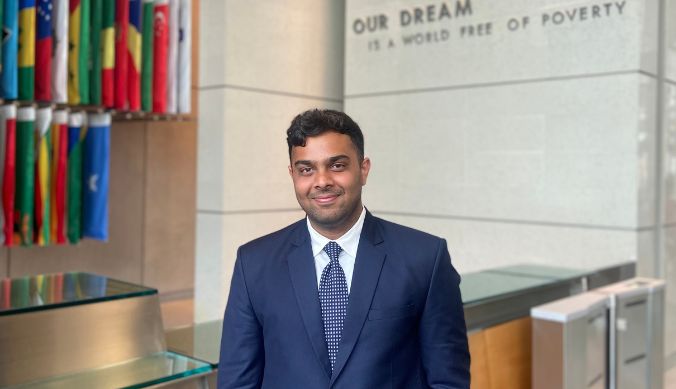One size does not fit all: Celebrating learning differences in the classroom
Amazing things could be achieved if everyone had the chance to follow their passions, express themselves, and foster unique talents to make a real difference in the world. Read on...
Education and knowledge are pivotal for students and learners in unlocking better futures and enhancing personal development to achieve their goals. While this holds true for most students, the way our education systems function often leaves behind unique individuals with learning disabilities and neurodivergent traits. Assessing all kinds of students on a few basic parameters excludes various kinds of learners.
Students who are neurodivergent might face challenges with writing essays, understanding quantitative concepts, memory retention, or taking notes, making it difficult to thrive in the mainstream classroom. Their difficulties are not a result of their inability or incompetence but rather stem from an education system that evaluates them based on tasks that may not accurately measure their true talents and intelligence.
The lack of alternative assessment systems creates a deeper feeling of alienism for neurodivergent folks due to the assumption of a ‘one size fits all’ approach which does not allow them to be productive at school. The system fails to capture the unique and impressive qualities of all kinds of students, such as their wit, insightfulness, empathy, imagination, and out-of-the-box thinking, which when taken into account can make the learning experience more fruitful and inclusive.
We can take inspiration from the many success stories of neurodivergent individuals to see that when provided with the right platform, the sky’s the limit!
Richard Branson, a multimillionaire, and high school dropout reflects on how his dyslexia drove him to identify his strengths early on and develop them while also teaching him how to delegate and surround himself with people who could help with his weak areas.
Similarly, Temple Grandin, an autistic world-renowned scientist, and animal behaviourist states that if algebra was a required course for her college education, “I probably would have been a handyman, fixing toilets at some apartment building somewhere”, and the scientist we know today wouldn’t have existed. This is reminiscent of Rancho’s (Aamir Khan) from 3 Idiots, “If Lata Mangeshkar’s (singer) father told her to become a fast bowler. Or if Sachin Tendulkar’s (Cricketer) father told him to be a singer. Imagine where they’d be today.”
Let’s embrace diversity and uniqueness to create a more inclusive education system that allows everyone to reach their full potential. Who knows what amazing things could be achieved if we gave everyone the chance to follow their passions, express themselves, and foster unique talents to make a real difference in the world.
“If we insist on a one-size-fits-all model of instruction and assessment, then we end up removing many, many colours from the rainbow. If we insist that the only correct mode of instruction and the only correct mode of assessment is orange, then what will happen to the yellow, the red, the blue, the green, and the violet?
It’s crucial that all our students have a sense that there are many colours in the palette, that there are many ways of being intelligent, and that one can open up to other ways of thinking, no matter how unconventional these may seem.
Students with learning disabilities are often an asset to the classroom, as they can provide many additional shades of experience, perspective, and critical thinking. Ashoka not only gives these students modes of support — so-called accommodations that allow them to take courses and thrive in them; it also acknowledges that their very presence in the classroom can be an inspiration to other students.”
— Jonathan Gil Harris (Professor of English, Ashoka University)
(Compiled by Riddhima Sharma, UG’23 from the Neurodiversity Initiative and inputs from the OLS)
Feature image credits: Ishani










